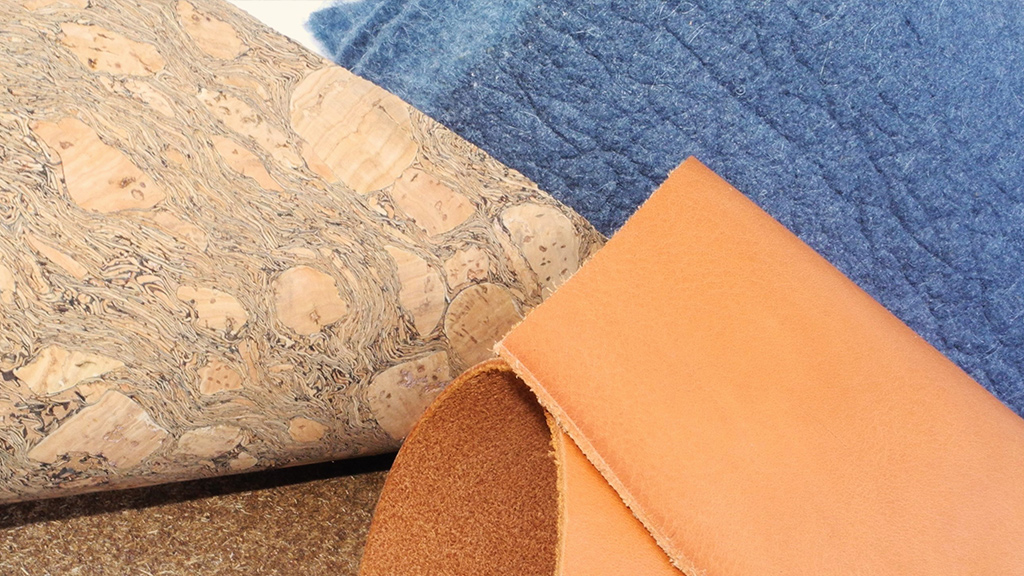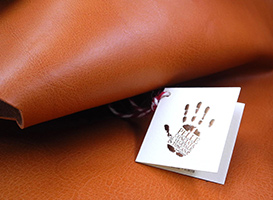Free delivery with Track & Trace.

From leather to natural fibers: Exploring my materials
Leather is a natural material that has inimitable characteristics. However, in recent years, it has become increasingly evident that we must use alternative materials to preserve our environment. Next, I will tell you about the materials I use to make my products:
Vegetable-tanned leather

Without having to sacrifice the animal, tanneries reuse waste from the food industry, making tanning a sustainable process.
Ideal for allergy sufferers since the use of tannins avoids toxic substances or heavy metals.
This environmentally friendly technique produces durable and recyclable items as fertilizer after their life cycle.
The distinctive smell, softness and resistance are unique characteristics of vegetable-tanned leather, absent in synthetic materials.
Consortiums such as Vero Cuoio di Toscana or Vera Pelle Conciata al Vegetale help to identify and certify this type of leather. The leather I use has this certification, supporting its sustainable origin and unique attributes, thus promoting environmental conservation and quality in long-lasting products.
Cork

Coming from the bark of the cork oak and the process of obtaining it does not damage the tree since the bark is extracted without the need to cut it down, allowing it to regenerate. This natural raw material is light, waterproof and flexible.
Additionally, it can imitate the texture and appearance of leather, offering similar aesthetic options without resorting to the use of animals.
The process of transforming cork into fabrics or sheets for use in fashion involves techniques that do not involve aggressive chemicals, making it an environmentally friendly option. Its durability and resistance make it suitable for long-lasting items, in addition to being biodegradable at the end of its useful life.
This alternative to leather not only reduces dependence on animal-based materials but also promotes sustainable and ethical practices, becoming an attractive option for consumers conscious of the environmental impact of their purchasing choices.
Pineapple fibers

This fiber is derived from the leaves of the pineapple plant, especially the long-leaf pineapple variety, the cultivation of which generates natural waste.
The pineapple fibers production process uses agricultural waste, which reduces waste generation and takes advantage of materials that would otherwise be discarded.
This consists of extracting the fibers from the pineapple leaves, which are then cleaned, dried and joined together through an interlacing process.
The result is an innovative material that imitates the appearance, feel and versatility of leather, offering an ethical and sustainable alternative, aimed at preserving the environment.
Palm Fibers

Often, natural or environmentally friendly dyeing methods are used to give them color. One of the key advantages of palm leaf weaving is its sustainable nature.
It does not require animal husbandry or the use of harsh chemicals in its production process, making it a more environmentally friendly option.
In addition, it is biodegradable, which means that it has a lower environmental impact compared to other materials.
Your shopping cart
There are no items in your shopping cart
Free delivery
Gift wrapping
30 days return right*

